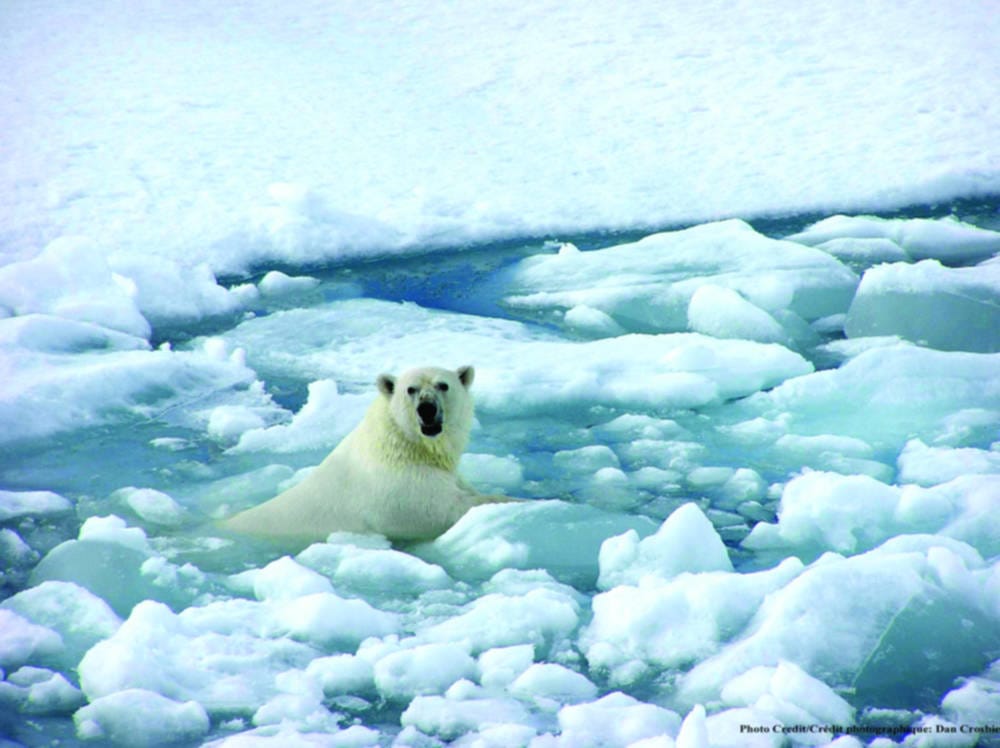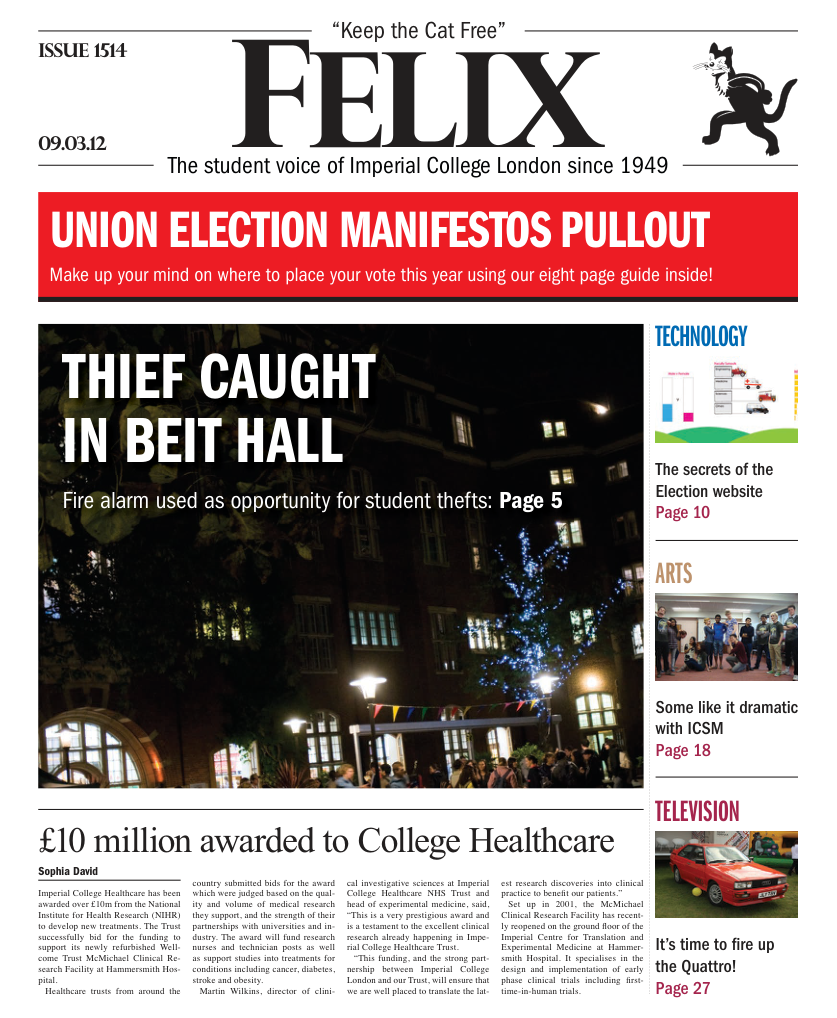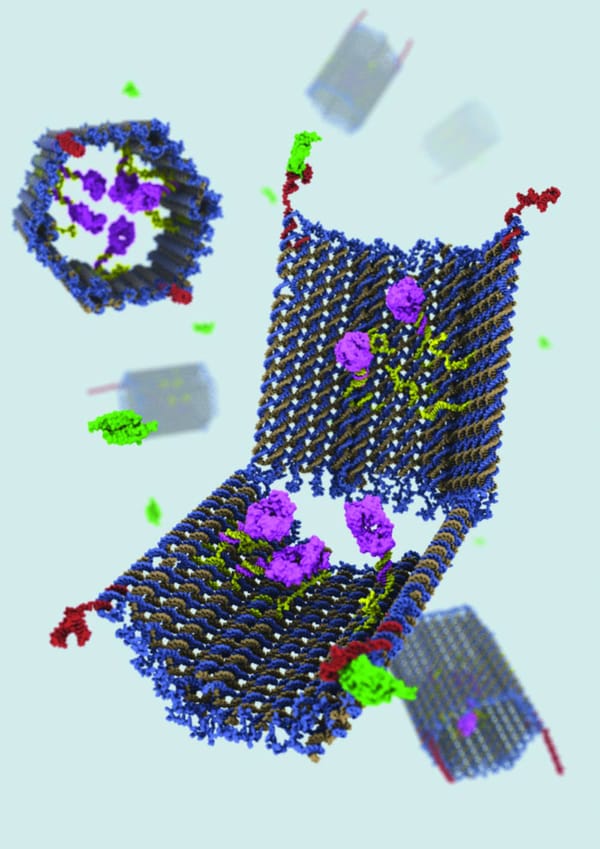Less sea ice, more mercury
Mercury fallout in the atmosphere could be linked to melting ice in the Arctic Ocean

Declining sea ice in the Arctic Ocean may be indirectly causing mercury fallout in the lower atmosphere, a NASA-led study suggests. The study reveals that the increasing replacement of multi-year ice by saltier seasonal ice is driving the increased release of salt ions such as bromine into the atmosphere, which then interacts with various atmospheric components such as pollutants and ozone.
The team of researchers from the UK, USA, Canada and Germany combined data from NASA, European Space Agency and Canadian Space Agency satellites with field observations and an atmospheric model in order to observe bromine release and establish the atmospheric height at which the process occurs.
Bromine occurs as dissolved ions in seawater, and becomes incorporated into sea ice upon freezing. Upon interaction with solar radiation at the boundary layer between the atmosphere and sea-ice surface, salt ions (such as bromine) are oxidised into reactive species and released into the troposphere. Cascades of chemical reactions then occur, termed the ‘bromine explosion’, to produce bromine monoxide which goes on to react with mercury and other toxic pollutants. The mercury and bromine complex is subsequently deposited on land and in ocean waters.
Younger seasonal sea ice, that forms and melts annually, has a higher salt content than older perennial ice, suggesting the disappearance of old ice will cause an increase in bromine explosions. Perennial sea ice has declined in surface area by half on average since 2000, and replaced by saltier seasonal sea ice, suggesting that global warming may cause more bromine explosions in the future.
Son Nghiem, a NASA scientist based at the Jet Propulsion Laboratory in California and leader of the study commented: “Shrinking summer sea ice has drawn much attention of exploiting Arctic resources and improving maritime trading routes, but the change in sea ice composition also has impact on the environments. Changing conditions in the Arctic might increase bromine explosions in the future.”
The study found that mountain ranges bordering Alaska and Canada act as physical boundaries to the occurrence of bromine in the lower atmosphere, revealing that the chemical reactions associated with the bromine explosion in the Arctic Ocean are contained in the lower 2km of Earth’s troposphere.







